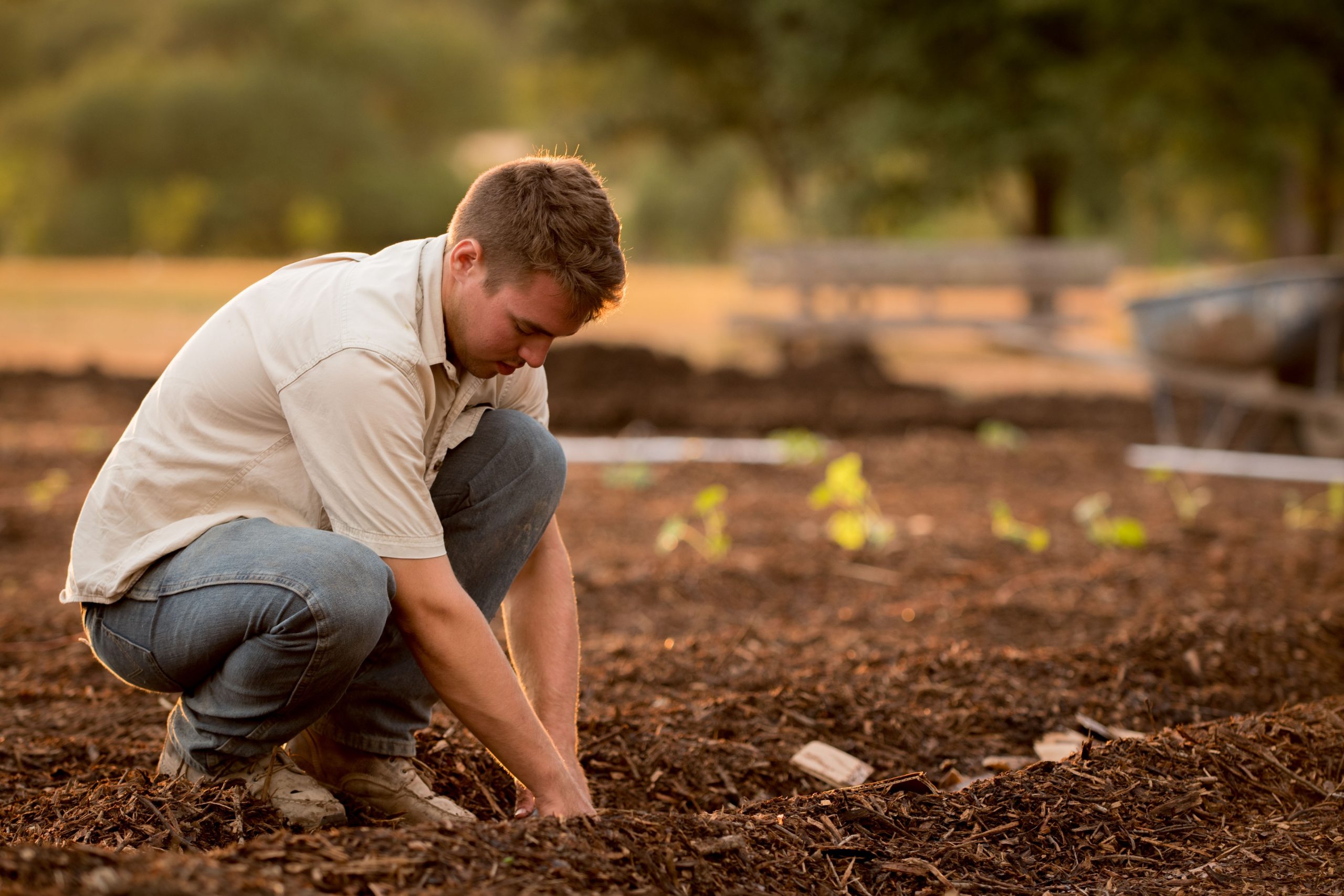Introduction: Gardening has long been cherished as a rewarding and therapeutic hobby, allowing individuals to connect with nature while nurturing life. Whether you’re a novice or a seasoned green thumb, learning the art of cultivating a thriving garden can transform a simple patch of land into a stunning oasis. In this article, we will explore the journey from seed to splendor, offering valuable insights and tips to help you master the art of gardening.
- Preparing the Ground: Before embarking on your gardening journey, it’s crucial to prepare the ground for success. Start by assessing the soil quality, understanding its pH level, and addressing any drainage issues. Additionally, clear the area of weeds, rocks, and debris to provide a clean canvas for your garden to flourish. Taking these initial steps ensures that your plants will have a strong foundation for growth.
- Choosing the Right Plants: Selecting the right plants for your garden is essential to create a visually stunning and harmonious space. Consider the local climate, sun exposure, and soil conditions when choosing plants that thrive in your area. Researching native species not only ensures their adaptability but also promotes biodiversity and supports local ecosystems. Aim for a diverse mix of flowers, shrubs, and vegetables to add beauty and functionality to your garden.
- Nurturing Seeds and Seedlings: Mastering the art of gardening means getting your hands dirty right from the beginning. Seeds and seedlings require delicate care and attention to foster their growth. Start seeds indoors, providing them with adequate warmth, moisture, and light until they develop into healthy young plants ready for transplantation. This process requires patience and consistent monitoring to ensure optimal conditions for germination.
- Watering and Feeding: Watering and feeding your plants is a critical aspect of gardening. While the frequency and amount of water depend on the specific needs of each plant, a general rule of thumb is to water deeply and infrequently to encourage deep root growth. Organic fertilizers and compost can provide essential nutrients to support healthy plant development. Remember, a well-hydrated and well-nourished garden is a thriving garden.
- Cultivating Good Gardening Practices: Beyond the basic steps, adopting good gardening practices contributes to long-term success. Regular weeding, pruning, and pest control are vital to maintain the health and aesthetics of your garden. Embracing organic and sustainable methods minimizes the use of harmful chemicals and encourages natural pest management. Additionally, staying informed about seasonal gardening tasks and following a gardening calendar can optimize your efforts.
Conclusion: Mastering the art of cultivating a thriving garden is an enriching journey that offers immense rewards. By preparing the ground, selecting the right plants, nurturing seeds and seedlings, and adopting good gardening practices, you can transform your garden into a mesmerizing tapestry of nature’s splendor. Remember, gardening is a continuous learning process, and each year brings new challenges and opportunities. So, roll up your sleeves, immerse yourself in the world of gardening, and witness the transformation from seed to splendor in your own backyard. Happy gardening!
Disclaimer: The information provided in this article is intended for general informational purposes only. Always consult local experts or gardening professionals for specific advice and recommendations based on your unique circumstances and location.




